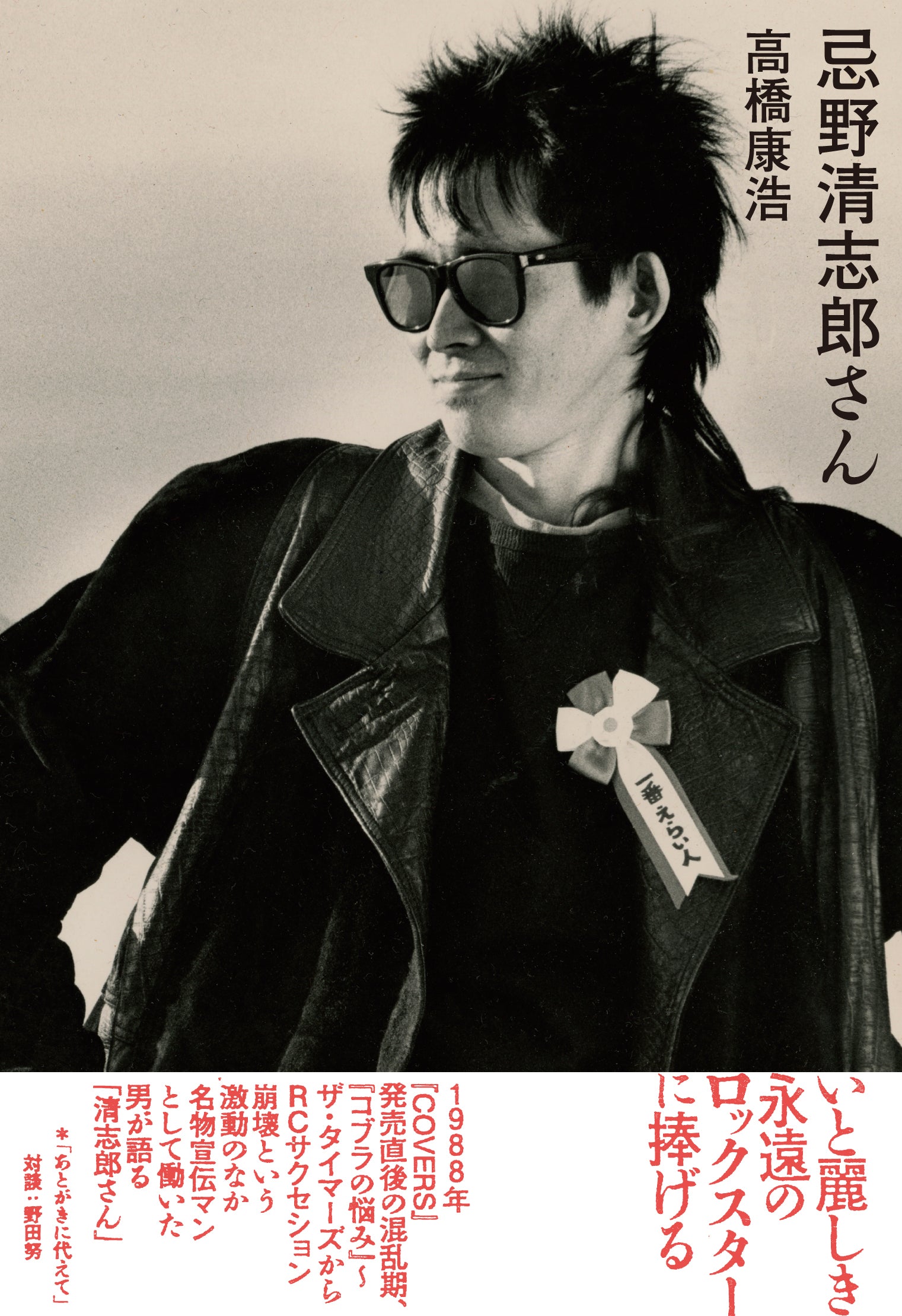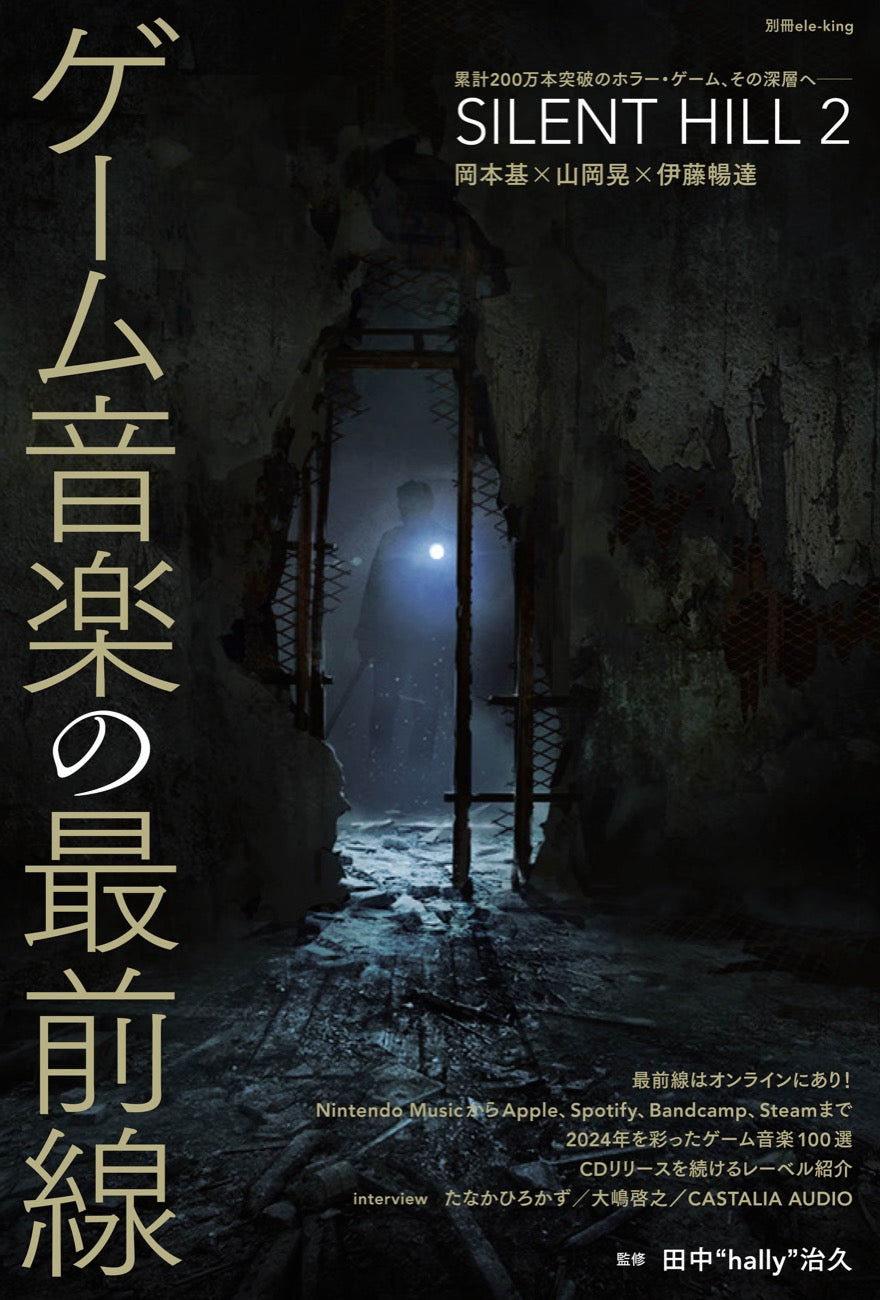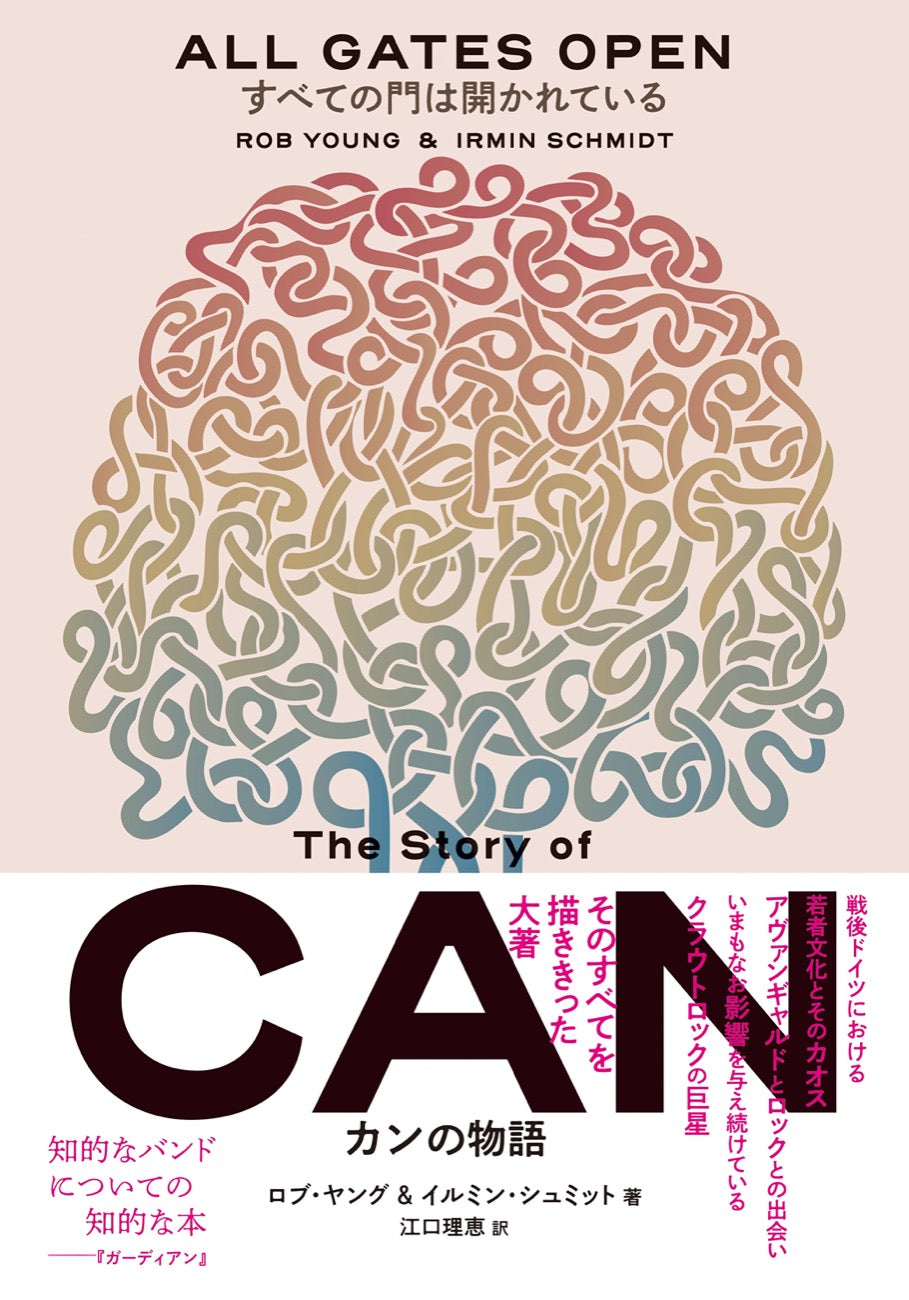Why are negative reviews taboo in Japan?
From Seiko Matsuda to Shibuya Kei, from Number Girl to AKB48
Japanese rock/pop and cultural criticism by a British journalist
After living in Japan for 13 years, Ian Martin draws on the history of Japan's overground/underground popular music, sexual politics and late-stage capitalism in idols, music media, publicity, and traditional issues.
“As much as the Japanese media likes to portray their country as a mystical land with four magical seasons and a collection of confusing tableware, the Western media is happy to reciprocate. oriental coverage of Japan, emphasizing anything strange, colorful, flashy, or outlandish, thus making Japanese music perceived in the West primarily through a distorted lens. However, the image I had of Japanese music while growing up in England was also greatly influenced by this point.” (from this book)
Interviewed by the BBC, written for The Quietus, and selected by Crack Magazine as the No. 1 "book to read this year", the rumored Japanese rock/pop critique by a British journalist has finally been translated and published!
■ Contents
Part 1: How did I get into the Japanese music scene?
and what i found there
'97 generation
Writing about Japanese music
Part 2: Comprehensive and Completely Accurate
A Comprehensive History of Japanese Popular Music
Early development of Japanese popular music
Rock and roll arrives in Japan
new rock
Rock'n'roll and the smell of gasoline
From Drug Possession Arrests to New Music
Pop and Enka have reached maturity and become more rigid.
punk
new wave
Death of idols and popular songs
The birth of J-pop and modern Japanese music
Japan discovered Shibuya-kei and indie
The End of Japanese Music History and the Birth of Eternal Now
Part 3: Economic, Political and Practical Visits to Live Acts
Perils or how to keep the band going without quitting
At Koenji, Tokyo
overseas
How is Japanese music received overseas?
Japanese music overseas expansion strategy
Not for love or money??
How to judge the politics in the scene
Overcoming constraints in the scene
Fuck the label
I understand your point, but why are you talking about CDs?
Language and Japaneseness
all art is political
subculture and idols
Puppets filled with sawdust, puppets that make sounds: ??“Dreaming chanson dolls”
pink guitar
It's the same to say whatever you want or not to say anything
However, in the end...
others
● Author introduction
Ian F. Martin
Articles on Japanese music written by Ian Martin have been published in The Japan Times, CNN Travel, The Guardian, and others. Martin is based in Tokyo, where he also runs Call and Response Records.
●Translator introduction
Mariko Sakamoto
Born in Tokyo in 1970. She graduated from the Department of Film Studies at Nihon University of Arts. She works as a writer/interpreter, focusing on "Rocking On." This book is her first book translation.







